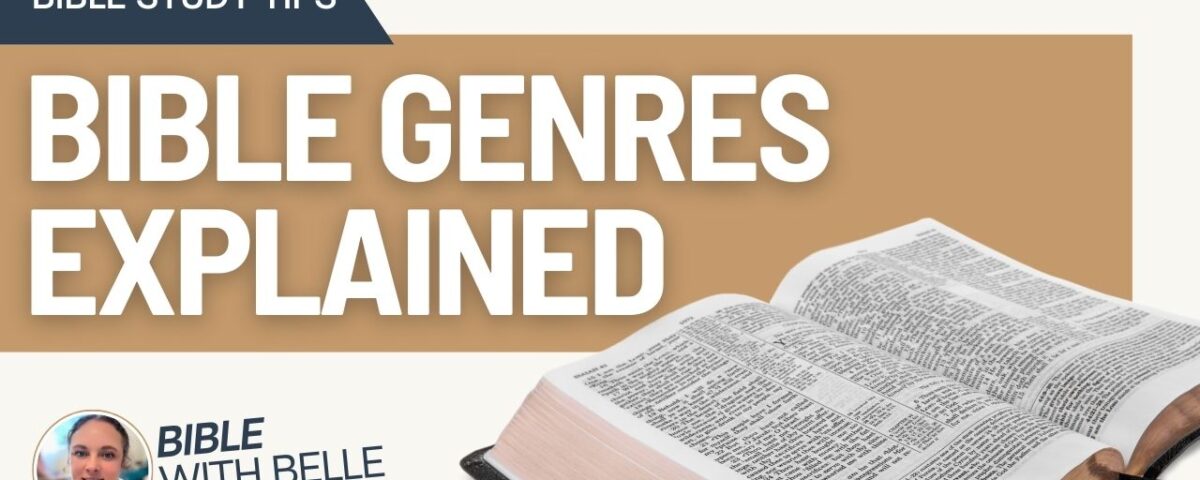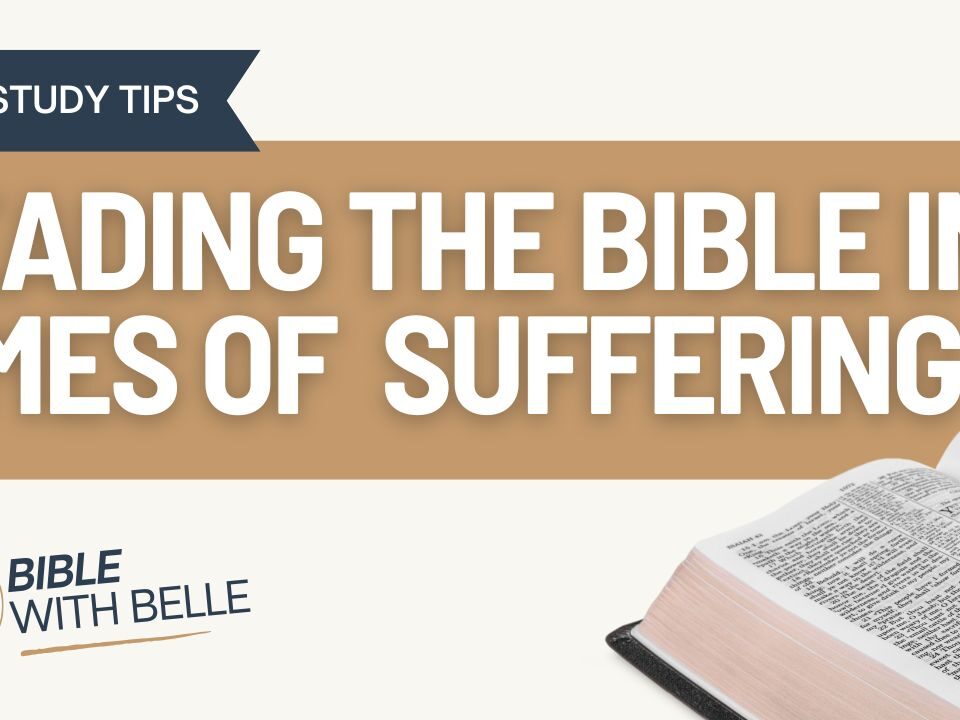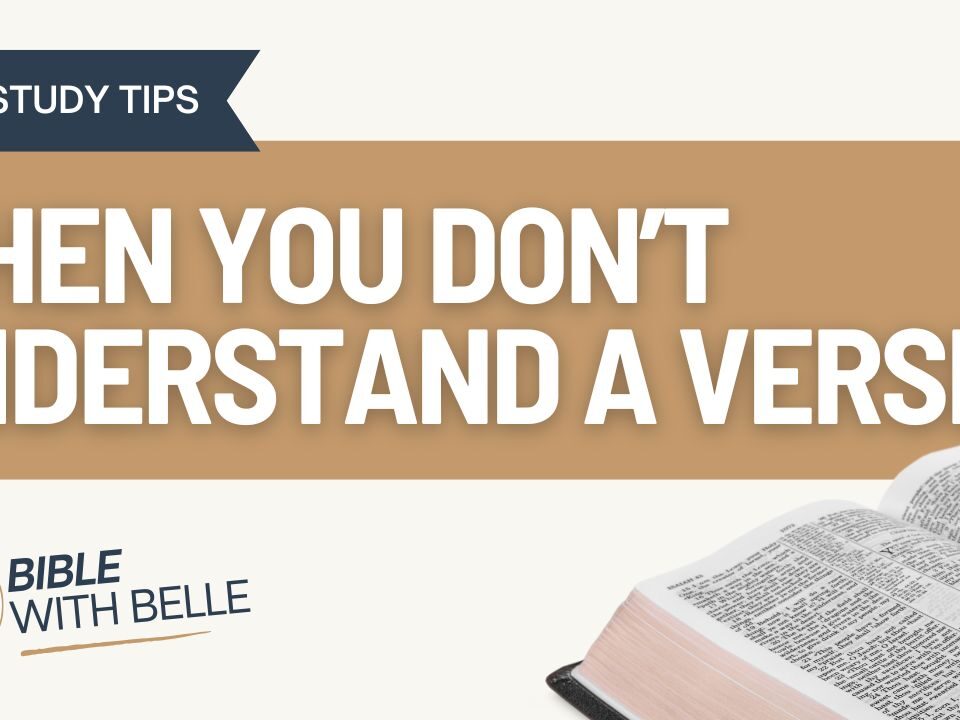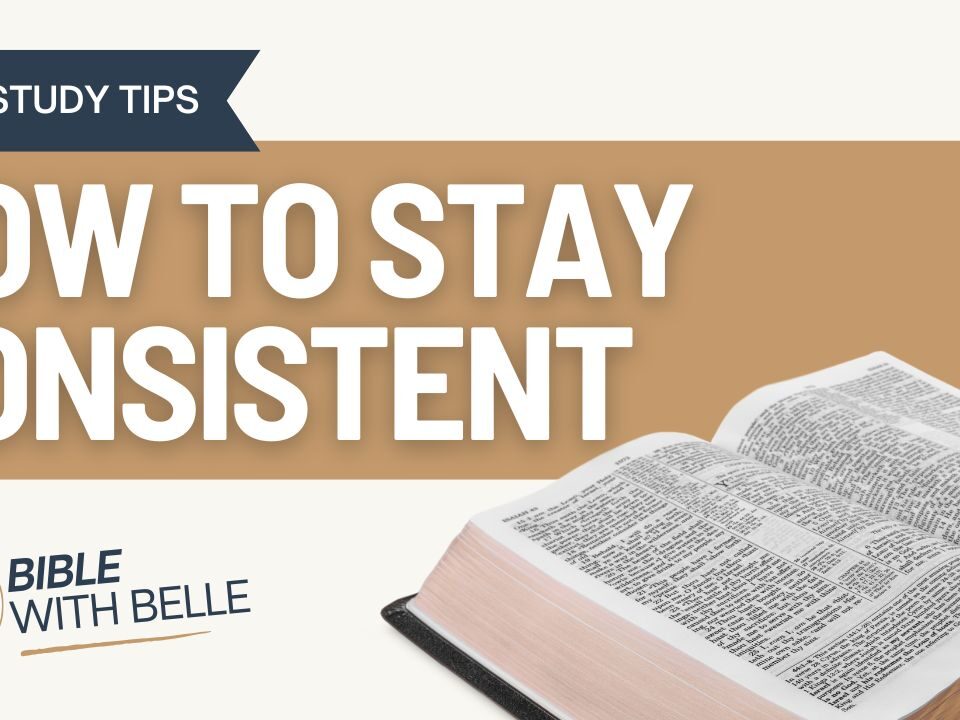
How to Understand Old vs New Testament
September 10, 2025
Common Mistakes People Make When Reading the Bible
September 10, 2025Have you ever wondered why the Bible sometimes reads like a story, other times like poetry, and at times like a letter? That’s because the Bible is made up of different genres—types of writing with unique purposes and styles. Recognizing the genre of a passage helps you read it the way it was meant to be read, bringing greater understanding and richer meaning.
Why Genres Matter
When we read a novel, we approach it differently than we would a newspaper or a poem. The same is true for Scripture. God inspired a variety of genres to communicate His truth, and when we recognize those genres, we can hear His Word more clearly.
“In the past God spoke to our ancestors through the prophets at many times and in various ways, but in these last days he has spoken to us by his Son…” — Hebrews 1:1–2 (NIV)
The Main Genres of the Bible
- Narrative (Stories & History)
- Found in: Genesis, Exodus, Joshua, the Gospels, Acts.
- Purpose: To tell God’s story of creation, covenant, redemption, and the early church.
- Tip: Look for what the story reveals about God’s character and humanity’s response.
- Law
- Found in: Exodus, Leviticus, Deuteronomy.
- Purpose: To guide Israel in holiness and worship.
- Tip: Remember, these laws point to God’s holiness and our need for Christ, who fulfilled the law (Matthew 5:17).
- Poetry & Wisdom
- Found in: Psalms, Proverbs, Job, Song of Songs.
- Purpose: To express human emotion, worship, and practical wisdom.
- Tip: Read slowly; let the imagery and rhythm shape your reflection.
- Prophecy
- Found in: Isaiah, Jeremiah, Ezekiel, Daniel, the Minor Prophets, Revelation.
- Purpose: To call God’s people back to Him, announce judgment, and reveal future hope.
- Tip: Ask: What does this reveal about God’s faithfulness and promises?
- Gospels
- Found in: Matthew, Mark, Luke, John.
- Purpose: To present the life, death, and resurrection of Jesus.
- Tip: Notice both what Jesus says and how He lives—it’s both teaching and example.
- Letters (Epistles)
- Found in: Romans–Jude.
- Purpose: To instruct, encourage, and correct the church.
- Tip: Read them as pastoral advice for real people—and apply them to your own walk with Christ.
- Apocalyptic
- Found in: Daniel, Revelation.
- Purpose: To reveal God’s ultimate victory using symbolic language.
- Tip: Focus on the big picture of hope and God’s sovereignty rather than decoding every symbol.
Practical Tip
When you recognize the genre, you lower the risk of misunderstanding. For example, a Proverb isn’t a guarantee—it’s wisdom for life. A prophecy may carry both an immediate and future fulfillment. A Gospel story shows both historical truth and spiritual lessons. Treat each genre with respect, and let it speak in the way God intended.
Reflection Prompt
- Which genre do you find easiest to read?
- Which one feels most challenging?
- How might knowing the genre change the way you approach your Bible reading this week?
Closing Encouragement
The Bible’s richness comes not just from its words but from the many ways God chose to communicate. As you read, pay attention to the genre—you’ll discover new depth and clarity in God’s Word, and you’ll grow more confident in applying it to your life.
✨ Still Have a Question?
If you didn’t find your answer here, don’t worry, you’re not alone. You can send your question directly through the Ask a Bible Question page. I’ll do my best to respond with guidance from God’s Word.
You can also leave your questions on my YouTube channel. This is where I regularly share Bible verses, encouragement, and answers to common questions.




